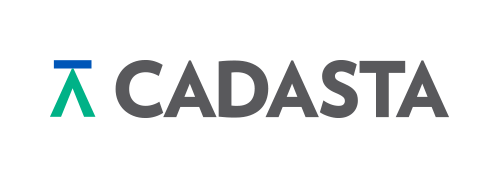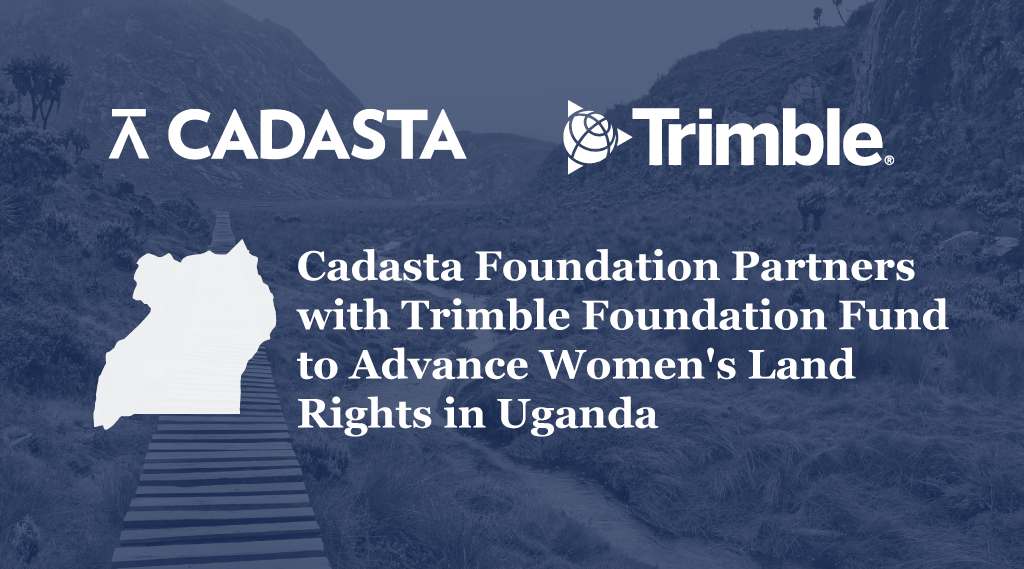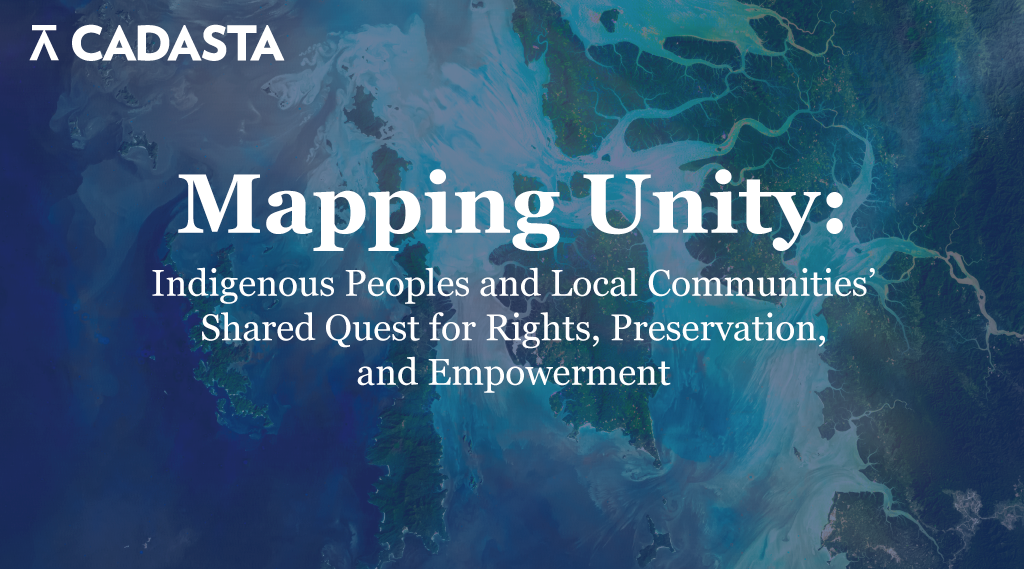Over the past year, the international property rights sector has been abuzz with the potential for blockchain technology to fundamentally transform the approach to land administration. However, the initial frenzy has waned as the implementation of blockchain has demonstrated that the technology is not simply a wholesale ‘fix’ of the land sector. Instead, it should be applied realistically and piloted at a reasonable scale.
The initial excitement was ignited in part by an announcement in May 2015 that the government of Honduras would build a land title registry using blockchain technology. Even Peruvian economist and expert on property rights Hernando de Soto himself became part of the blockchain discussion in June 2015 while on Richard Branson’s private island, brainstorming as to how the technology might be applicable to the land sector. However, the proposed land registry project in Honduras has since stalled as the key actors have made a few startling realisations: property rights are in fact quite complicated, government moves slowly and technologically is not a cure-all panacea.
Now that it is no longer perceived as a grandiose and singular solution, we have begun to see how aspects of blockchain, applied in conjunction with proven approaches and technologies in the land sector, might make sense in particular situations. Organisations like Prosoft Alliance, Ukraine, have integrated with blockchain platforms (in this instance, Factom) to provide authentication and timestamping of transactions as a component of their land information systems. The International Bitcoin Real Estate Association has developed from a LinkedIn group into an actual association that held its first conference in May 2016. Perhaps most interestingly, the Republic of Georgia’s National Agency of Public Registry has announced a partnership to design and pilot a blockchain titling process with US firm BitFury. It is worth noting that Hernando de Soto is advising on this project.
A potential implementation of blockchain in Georgia presents an exciting opportunity as it could be a better fit for this technology. The technically advanced Georgian registry and cadastre enjoys almost complete coverage, and the country currently ranks third in the world for ease of registering property according to the World Bank’s ‘Doing Business’ report. In this case, the incremental improvement in transparency and security of transactions as a result of blockchain might well be justified. That is not necessarily so in other less advanced countries, where the primary obstacles lie in documenting rights in the first instance, resolving and demarcating boundaries, and establishing the necessary policies and laws for an effective modern land administration infrastructure.
Although progress is being made in understanding how and when to apply blockchain, it is important to remember that blockchain is still a nascent technology. We need look no further than the Ethereum crash of 17 June 2016, which – after possibly a hack or more likely an error in the code – allowed about USD60 million worth of the Ethereum digital currency to be diverted to an unintended recipient. The very basis of the blockchain is that it is a decentralised registry and thus there is no way to ‘roll back’ transactions or contracts after they are recorded. There is no single registrar that can fix an error. Therefore, at the moment, it is still unclear what can be done about the USD60 million that disappeared from the rightful owners. The consequences of a similar situation in a land registry are unthinkable.
In many countries it is important to recognise that land administration is fundamentally a governance issue which, compounded by a lack of data and transparency, results in insecure land rights – not due to systems that are not secure, but because of a lack of recording and equitable recognition of rights in the first place.





